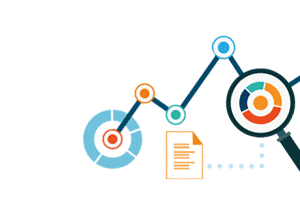The data people generate by interacting with digital systems, such as smart devices, phones, and online platforms, have become a gold mine for research. Researchers can use digital data to understand people and train systems to make predictions or decisions for and about people. But new data collection methods have also raised questions about ethics and participation in research.
This course covers the unique issues associated with big data and data science research ethics. It starts with an introduction to big data, data science, and research ethics. Learners will then explore privacy and data protection in data science, increasing the awareness of data subjects, and data science and power.
Course Preview:
Language Availability: English
Suggested Audiences: Clinical Research Coordinators (CRCs), IRB Administrators, IRB Members, Postdocs, Research Administrators, Researchers, Students
Organizational Subscription Price: $675 per year/per site for government and non-profit organizations; $750 per year/per site for for-profit organizations
Independent Learner Price: $99 per person





